Do you know that phenomenon where someone you know buys a particular car, and suddenly you see that model everywhere?
My sons share a silver Peugeot 308, a car I wouldn’t have noticed particularly until one landed in our yard.
Since then, it seems that half the cars on the road are 308s, most of them silver. Of course, they were always there, I just never saw them.
Consciousness
That’s only partly true, either. I saw them, but I never noticed them. They never registered in my consciousness.
I remember reading of a study where people were asked very detailed questions about their daily walk to work in a large city.
What colour is the door on the third house on the left on the second street, what signs are in shop windows, how many street lights were on a particular road, that kind of thing.
We are more likely to process with our conscious mind those things we relate to
The answers showed a generally moderate level of awareness. But put under hypnosis, the subconscious mind revealed a vast storage bank of just such detail. People knew this stuff, they just didn’t know they knew.
We are more likely to process with our conscious mind those things we relate to, for good or ill.
A phenomenon called unconscious bias is a factor in determining these thought processes.
Wrestling
Unconscious bias is something I’ve been wrestling with this week. I was discussing the delay in the IFA’s passing the rule changes being enacted to encourage diversity.
I saw little problem with a temporary delay, as the rules can easily be in place before elections next occur.
It was pointed out to me that, as a man, of course I wouldn’t see a problem with that.
Unconscious bias, I was told, blinded me to how this might look and feel to a woman farmer
I had never any barrier or obstruction to my progress, so I wouldn’t see the importance of the rule proposals or be disconcerted by resistance to them or a delay in their adoption.
Unconscious bias, I was told, blinded me to how this might look and feel to a woman farmer.

We saw a similar thing occur at the weekend, with some people commenting on the race of England’s penalty takers in the wake of the dramatic finale to Euro 2020.
Why did they notice that aspect? Why not what clubs they were from or how much game time they had got on the night or through the tournament?
Here, there and everywhere
A little like Peugeot 308s, I now am noticing examples of unconscious bias everywhere. In a way, it’s an inevitable part of the human experience.
We can only function by consciously processing a small proportion of all that is going on around us.
As the great Billy Bragg observes in a song about first love: “Every time I switched on the radio, there was somebody else singing a song about the two of us.”
We notice things in relation to our own experience, priorities and feelings.
Crossroads
What the hell has any of this got to do with farming, I hear you ask?
At this moment of moments for our sector, as we stand at a crossroads with the future set to be mapped out by CAP and climate action, should I not be focusing on these linked generational challenges for food production?
I would argue it has everything to do with whether we get it right or not.
Because in order to achieve a rational outcome, everybody will have to recognise their own objective bias and also recognise that compromise will be at the heart of a successful outcome.
We have to get this right, we don’t have much margin for error
And by everybody, I mean everybody. Farmers, farm leaders, politicians of every hue, from Michael Healy Rae to Richard Boyd Barrett, Billy Kelleher to Luke “Ming” Flanagan. Environmental activists and Teagasc researchers.
Because we have to get this right, we don’t have much margin for error.
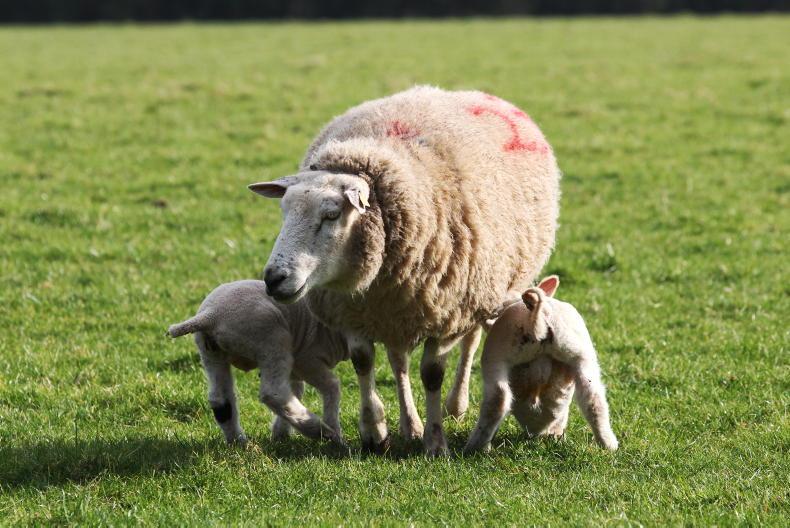
The scale of the challenge is unprecedented, in my view. We have to reduce the carbon footprint of the nation by half in 10 years.
Farming accounts for one-third of that footprint, so will have to cut its emissions sharply. And this while transitioning through a CAP with a shrinking budget and significant redistribution of payments.
Industrial farming
So when someone talks about 'industrial farming' are they revealing an unconscious bias? Is the typical Irish dairy or tillage farm 'industrial'? Hardly.
In the same way, when people talk about 'part-time', 'marginal' and 'economically insignificant' farms in a dismissive way, does that reveal an unconscious bias against smaller holdings on more challenged land?
We can’t descend into a world of political correctness and taking offence at everything that is said either, of course.
But language matters and whether deliberate or unintentional, some language builds walls rather than bridges. We need to choose our words very carefully.
Battle
The battle between climate change activists and farmers needs to become a progressive dialogue.
I think it’s fair to say that there is little argument anymore about the reality of climate change. And the possibility that we are nearing an irreversible tipping point is growing every year.
But there is a massive difference between correctly diagnosing the problem and finding a workable solution.
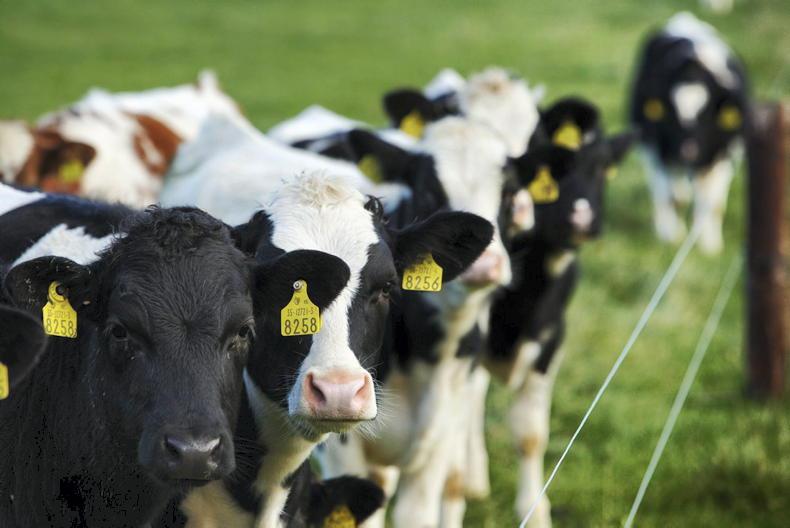
A lot of pain must be experienced by farmers to deliver the kind of results that are needed. We won’t recycle our way to these targets.
Adaptation will get us so far, widespread adoption of best practice will make us global leaders in food production sustainability.
But some curbs on production and on land use seem inevitable to me. And that honest truth needs to be relayed to farmers.
The other end of the telescope
Statistics can be informative, but they can also mislead. It was recently reported that Ireland has one of the EU’s highest outputs of carbon emissions per hectare of farmed land.
This is because our proportion of grassland and livestock production is uniquely high - only about 10% of farmed land is under tillage and horticulture crops.
This is a fact. It’s also a fact that this Irish livestock production has the one of the lowest outputs of carbon per hectare in the EU, and tops the charts when we equate output of meat and milk per hectare versus carbon output per hectare.
Ireland’s climate gives us long grazing seasons with good grass growth
The same dynamic is behind both statistics. Ireland’s climate gives us long grazing seasons with good grass growth.
We have a natural advantage that has seen us focus on livestock production.
So both statistics are equally true, and which one we use probably depends on the argument we are trying to make. And on the side of the argument we are on.
We see the flattering statistic, and we choose not to see the unflattering one, or we decide that it’s less relevant. Unconscious bias.
Joining An Taisce
An Taisce would barely have registered on the consciousness of most farmers, myself included, until relatively recently.
It’s now perceived by many farmers as hostile to them, largely because of the ongoing case between An Taisce and Glanbia.
I’m joining An Taisce this month. I’m doing so because it’s my heritage that is at stake too, it’s my environment. It’s both my responsibility to accept I need to change what I do and how, and my right to represent my own viewpoint and priorities.
I will challenge any unconscious bias I see in that organisation against Irish family farming.
I will also try to recognise my own unconscious bias against the things I hear that I am instinctively resistant to. To properly hear and be heard.
I also intend to hold an open day on my own farm whenever the pandemic has passed and such things are again feasible.
But this will be an open day where I will invite Luke Flanagan and Richard Boyd Barrett and John Sweeney and Padraig Fogarty along.
The intention is to try to show them the farm I have grown up on and lived on through my eyes and to allow them to show me this very familiar place though their eyes. To see the things I have not consciously noticed.
If we don’t start properly listening to each other, a unique opportunity to set a course towards a low-carbon future will have been squandered.
We might not get another chance, this could be the last-chance saloon. And - I think we all know this - perhaps it’s time to admit we know that we know. Conscious unbias, if you like.



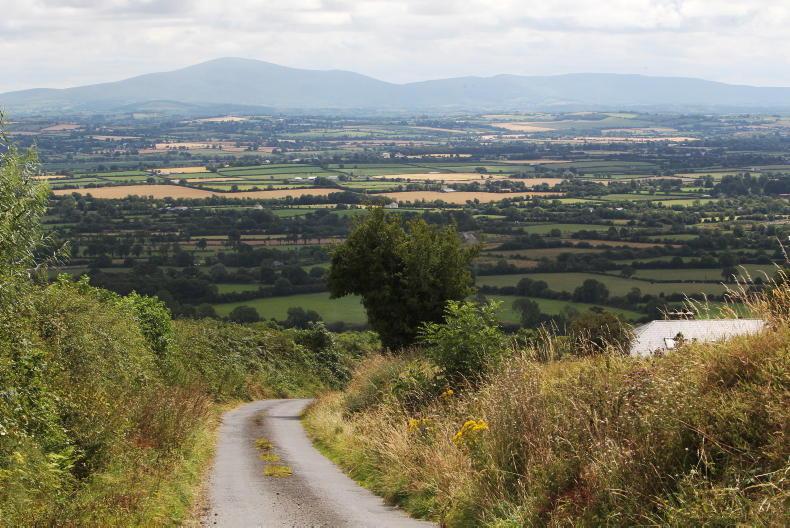
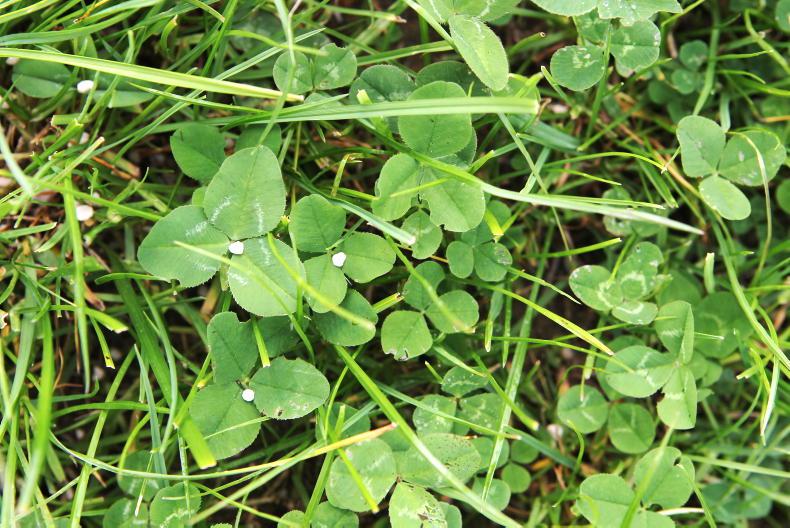

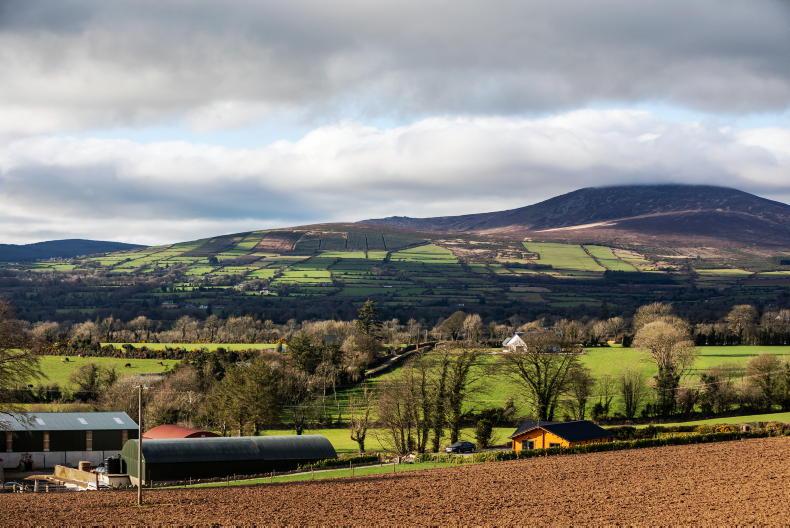


SHARING OPTIONS